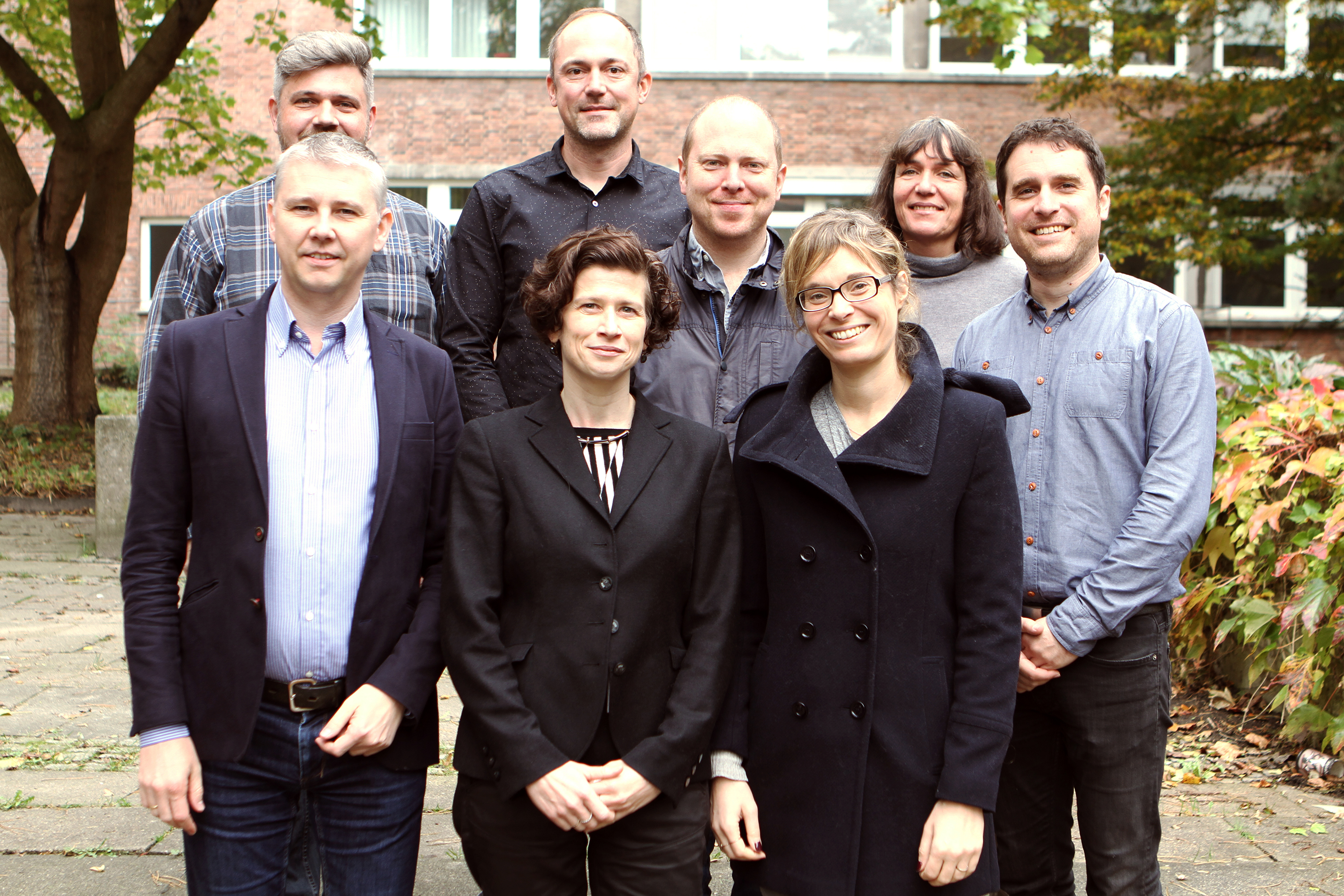Ancient Cities – EU grant for digital learning platform
Centre for Urban Network Evolutions (UrbNet) and Aarhus University partner other European institutions in large-scale ERASMUS+ initiative focusing on online learning.


A newly launched project, Ancient Cities: Creating a Digital Learning Environment on Cultural Heritage (AnCit), funded by an ERASMUS+ grant (EU), will break new ground in archaeology, building a digital teaching/learning platform around the topic of the ancient city.
Aarhus University (AU) is one of the six partners in the project, with Christian-Albrechts-Universität zu Kiel as the coordinator. AU is represented in this project by the Danish National Research Foundation’s Centre for Urban Network Evolutions (UrbNet) in collaboration with Centre for Teaching Development and Digital Media (CUDiM) and the School of Culture and Society, Department of History and Classical Studies. The correponding partners at UrbNet/AU are Assistant Professor Michael Blömer (local coordinator) and Professor Rubina Raja.
By uniting some of the world’s leading experts in cultural heritage and liaising closely with specialists in online teaching/learning, the project will set up a joint Massive Open Online Course (MOOC), aiming at a broad international audience, as well as an e-learning course on ancient urbanism, which can be implemented in the Classical Archaeology programmes at the respective partner institutions.
Last week, Assistant Professor Michael Blömer (UrbNet) and Christian Winther Bech (CUDiM) attended the project kick-off meeting in Kiel, and the first digital modules are expected to be developed over the next year.
Contact details of corresponding partners:
- Assistant Professor Michael Blömer (michael.bloemer@cas.au.dk)
- Professor Rubina Raja (rubina.raja@cas.au.dk)
Partners:
- Kiel University (project coordinator)
- Aarhus University
- University of Bergen
- University of Birmingham
- Paris 1 Panthéon-Sorbonne University
- The Open University of The Netherlands
